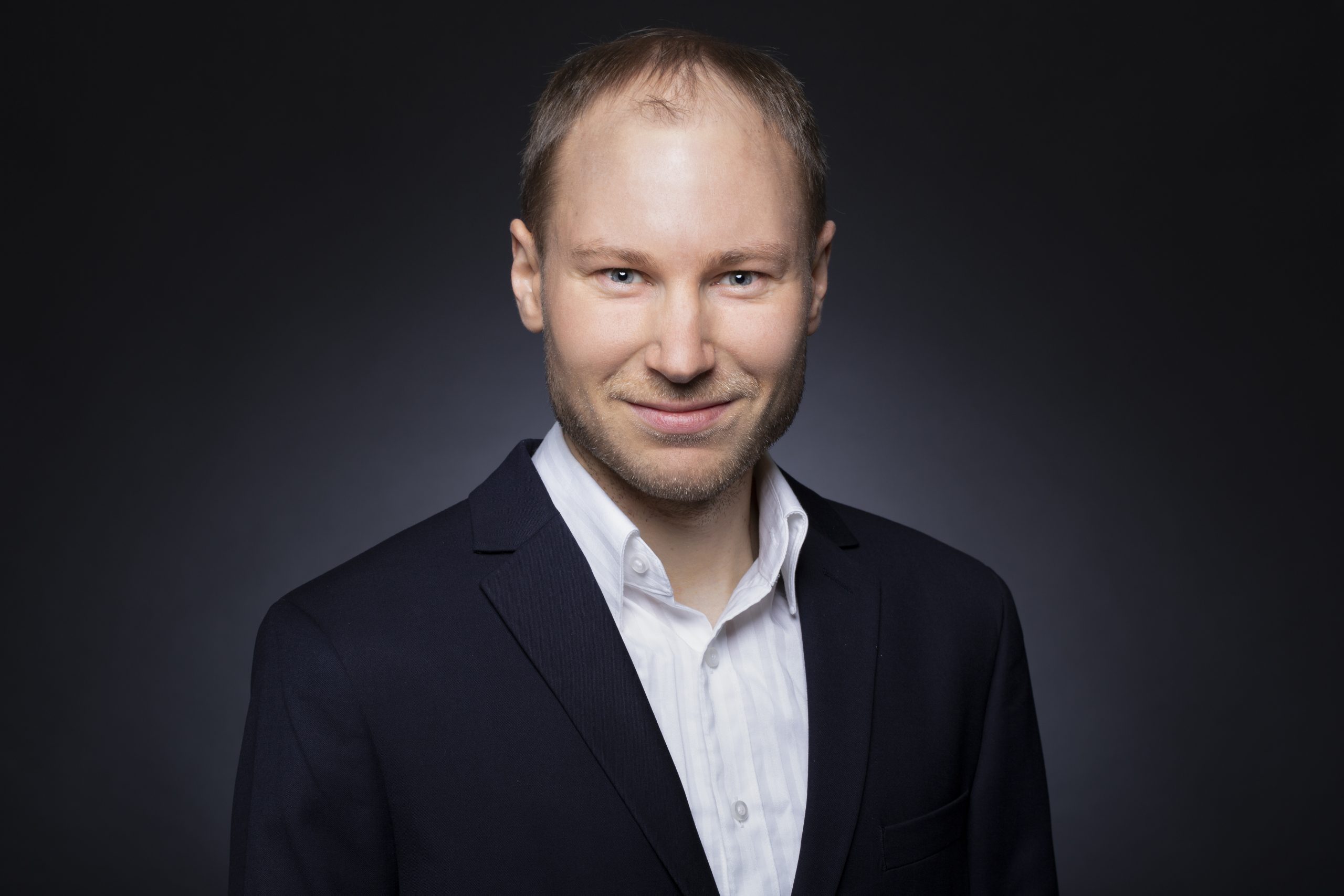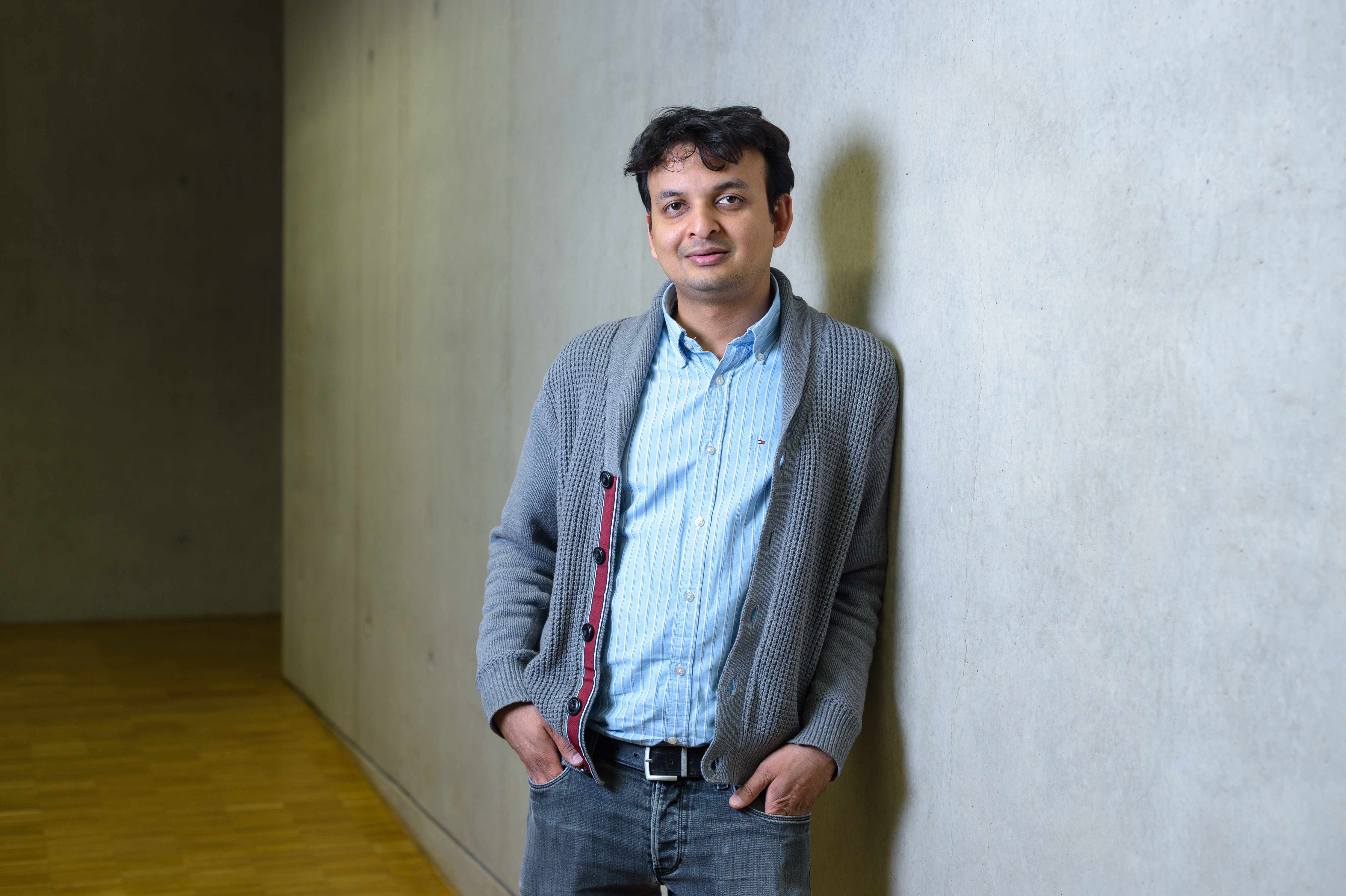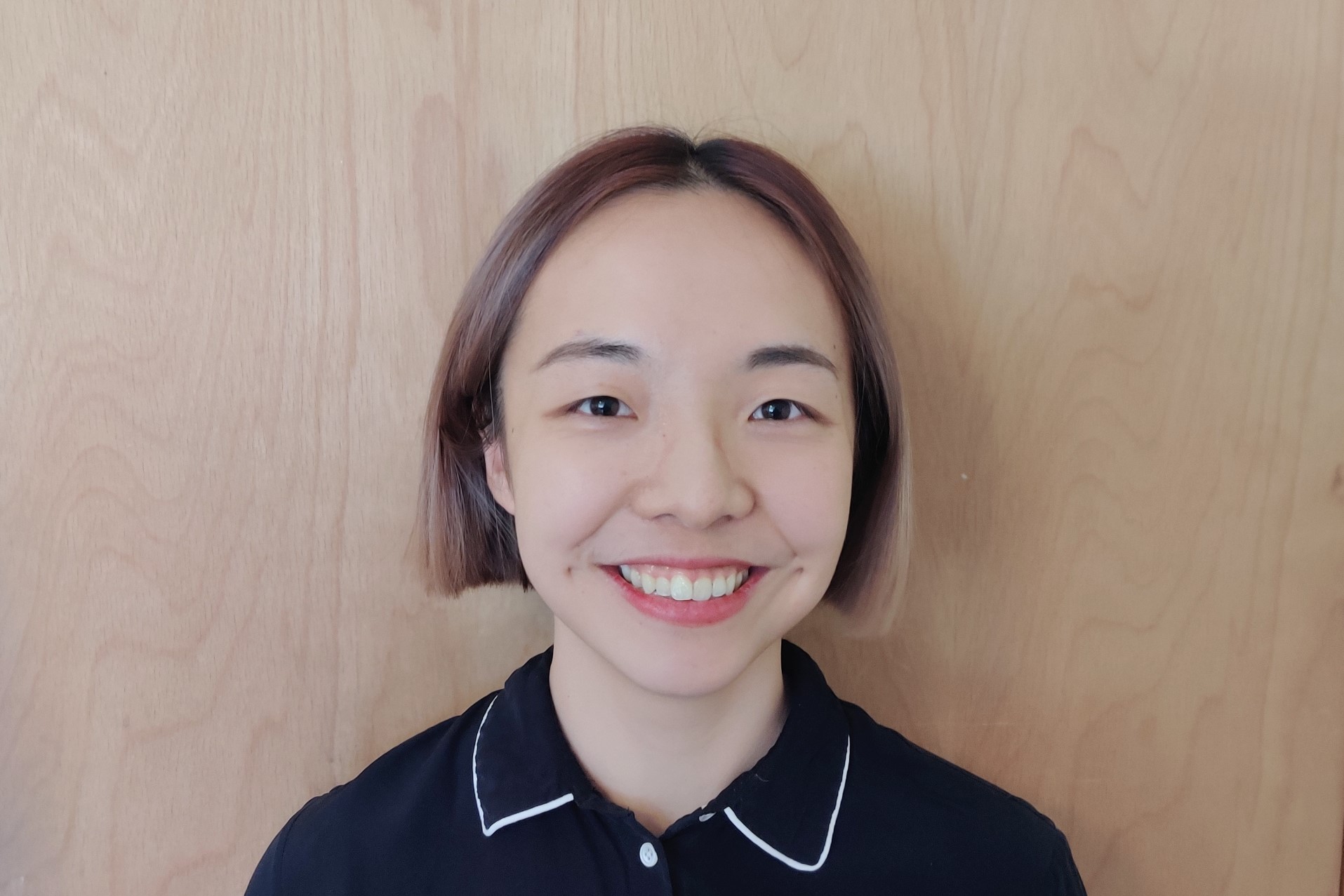Groups and Researchers in this Field
Machine Learning and Large-scale Data Mining Methods
Manuel Gomez Rodriguez is a faculty member at the Max Planck Institute for Software Systems. He is interested in developing machine learning and large-scale data mining methods for analysis and modeling of large real-world networks and processes that take place over them. His research comprises several dimensions: developing models of these networks and processes, assessing their theoretical properties and limitations; developing machine learning algorithms to fit the models and computational methods to influence processes over networks; and validating models and methods on gigabite- and terabyte-scale real-world datasets. Ultimately, he aims to provide computational tools with applications in a variety of domains, e.g. social and information sciences, economics, decision theory, causality, and epidemiology. Read more

Social Computing
Krishna Gummadi heads the Social Computing research group at the Max Planck Institute for Software Systems. He is broadly interested in understanding and building networked and distributed computer systems. Currently, the group's research focuses on social computing systems: an emerging class of societal-scale human-computer systems that facilitate interactions and knowledge exchange between individuals, organizations, and governments in our society. A few examples include social networking sites like Facebook, blogging and microblogging sites like LiveJournal and Twitter, and content sharing sites like YouTube, among many others. Through user studies, examining data, and building systems, the group aims to understand, predict, and control the behavior of their constituent human users and computer systems. Read more

Social Foundations of Computation
Moritz Hardt is a scientific director at the Max Planck Institute for Intelligent Systems, where he leads the Social Foundations of Computation Department. His research contributes to the scientific foundations of machine learning and algorithmic decision making with a focus on social questions. His research interests span four areas: (1) Applying machine learning in social and economic contexts, (2) formulating social and dynamic actions as mathematical models, (3) examining the validity and reliability of statistical methods and the construction of datasets within scientific communities, and (4) the pursuit of normative goals, and in particular, how to formulate values and norms mathematically. Hardt is co-founder of the conference "Fairness, Accountability, and Transparency in Machine Learning." He is co-author of "Fairness and Machine Learning: Limitations and Opportunities" (MIT Press, 2022) and "Patterns, Predictions, and Actions: A Story About Machine Learning" (Princeton University Press, 2022). Read more

Rationality Enhancement
Falk Lieder leads the Rationality Enhancement Group at the MPI for Intelligent Systems in Tübingen. Our mission is to lay the scientific and technological foundations for helping people thrive. To achieve this, our research focuses on three key aspects of human effectiveness: cognitive growth, goal setting, and goal achievement. Our approach combines computational modeling, behavioral experiments, artificial intelligence, and machine learning with developing practical tools and interventions. To promote cognitive growth, we investigate the mechanisms of metacognitive learning and translate the resulting insights into cognitive tutors that teach people optimal decision strategies, brain training programs for improving people’s executive functions, and reflective learning apps for self-improvement. Our research on goal-setting investigates what makes goals effective, builds computational models of optimal goal-setting, and develops intelligent apps that help people (learn to) set better goals. Our research on goal-achievement develops intelligent personal assistants and productivity apps that help people achieve their goals more effectively. Read more

Multi-Agent Systems
Goran Radanović is a research group leader at the Max Planck Institute for Software Systems. He is generally interested in studying AI systems, and more specifically in the design and analysis of systems with intelligent and self-interested agents. Particular topics of his research interest include value-aligned artificial intelligence, human-AI collaboration, and decision making systems with societally-aware utility functions. His research utilizes tools from game theory (esp. mechanism design), machine learning (esp. reinforcement learning), and human-centered AI (esp. crowdsourcing). His work covers both theoretical and practical aspects of problem instances related to his research topics. Read more

Safety & Society
Dr. Elissa M. Redmiles uses computational, economic, and social science methods to understand and mitigate inequities that arise in users’ digital safety-related decision-making processes and experiences. A few examples of her groups' current work include research focused on improving the adoption of COVID19 apps, on measuring the value of users' online accounts, and on increasing digital safety and equity for sex workers. Dr Redmiles' work has been recognized with multiple national and international awards including Distinguished Paper Awards at USENIX Security, fellowships and awards from the US National Science Foundation and Facebook, and the John Karat Usable Privacy and Security Research Award; her work is frequently featured in popular press publications such as Scientific American, Wired, Business Insider, Schneier on Security, and CNET. Read more

Machine Teaching
Adish Singla is a faculty member at the Max Planck Institute for Software Systems. He is interested in the design of AI-ML methods that interact with, learn from, and teach other learning entities such as humans, robots, and machines. His research interests span various application domains, including the design of intelligent tutoring systems for personalized education, social robotics, and adversarial machine learning. The theoretical aspects of his work include machine learning (esp. online, active), AI (esp. probabilistic modeling), and optimization (esp. submodular). The focus is towards designing principled techniques that are both theoretically well-founded with strong provable guarantees and are practically applicable. Read more

Exploratory Data Analysis
Jilles Vreeken is a senior researcher in the Databases and Information Systems Department at the Max Planck Institute for Informatics, and leads the Exploratory Data Analysis independent research group at the Cluster of Excellence on Multimodal Computing and Interaction. His research focuses on exploratory data mining: developing theory and algorithms to identify interesting structures within given data. Of particular value here are statistical methods, such as information-theoretic principles of minimum description length and maximum entropy. Next, he develops efficient algorithms to extract these structures from large and complex data, and investigates how they can be used in a range of applications, including identifying rare diseases, e-health, bio-informatics, market analysis, product recommendation, etc. Read more

Knowledge Harvesting
Gerhard Weikum is a Research Director at the Max Planck Institute for Informatics, where he leads the Databases and Information Systems Department. He is also an adjunct professor in the Department of Computer Science of Saarland University, and a Principal Investigator of the Cluster of Excellence on Multimodal Computing and Interaction. The long-term objective of his research is to develop methodology for knowledge discovery: collecting, organizing, searching, exploring, and ranking facts from a wide array of structured, semistructured, and textual information sources, which may exhibit varying levels of credibility. His group’s approach towards this goal combines concepts, models, and algorithms from several fields, including database systems, information retrieval, statistical learning, and data mining. Read more

Human-Centered Security and Privacy
Yixin Zou will join MPI-SP in January 2023 as a tenure-track faculty member leading the Human-Centered Security and Privacy group. Her research spans human-computer interaction, privacy, and security, focusing on improving consumers’ adoption of protective behaviors and supporting the digital safety of at-risk populations. Her research has been recognized with the 2022 John Karat Usable Privacy and Security Student Research Award and best paper awards/honorable mentions at ACM CHI and SOUPS. In addition, her research has generated broader impacts on industry practice (e.g., Mozilla and NortonLifeLock) and public policy, including the rulemaking process for the California Consumer Privacy Act. Yixin received a Ph.D. in Information from the University of Michigan. Read more
